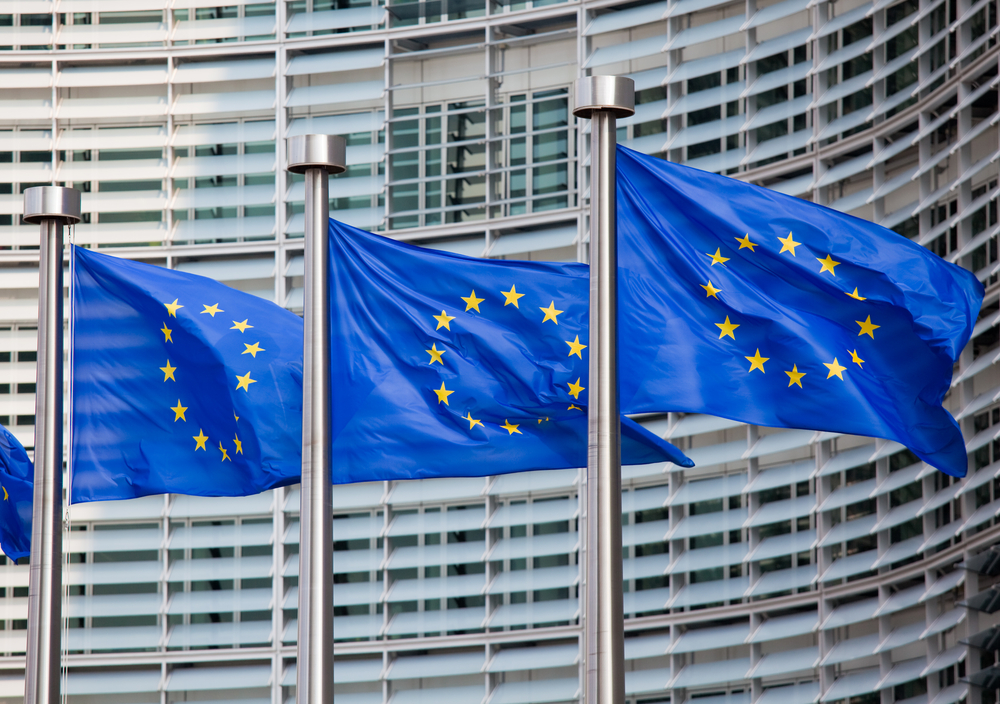Breaking
EU pushes recommendations for PHL to improve business climate
MANILA — The European Union (EU) has endorsed to the Philippine government recommendations to improve the country’s business climate that will enable enhanced trade and investment relation between the two economies.
The first EU-Philippine Business Network (EPBN) Advocacy Papers noted recommendations in 13 economic sectors and nine cross-sector recommendations.
The 13 economic sectors include agriculture, automotive, parts, lubricants, and fuels, consumer goods and retail, energy and renewable energy, financial services, human capital, information and communication technology-knowledge process management-business process management-creative industries, infrastructure and transportation, manufacturing, maritime, pharmaceuticals, tourism, and water and environment.
On the other hand, the nine cross-sectors include opening up for foreign direct investments (FDIs), enactment of a national fair competition law, public procurement law reform, rationalization of fiscal incentives, customs modernization and anti-smuggling, promoting integrity in the public and private sectors, justice reforms, protection and enforcement of intellectual property rights, and proposed amendments to the Local Government Code of 1991.
European Chamber of Commerce of the Philippines (ECCP) President Michael Raueber, during the 2nd EU-Philippines Business Dialogue Tuesday, said the recommendations focus on legislative and operational changes in order to level up the country’s competitiveness that will drive sustainable and inclusive economic growth.
“European business can and is willing to join hands with Philippine partner organizations and local companies, including SMEs (small and medium enterprises), to achieve this goal by generating quality employment, transferring valuable technology and expertise, providing a wider choice of products in the market, which will benefit the quality and cost of products reaching the Filipino consumers,” Raueber said.
“However, if European businesses are to increase investment and strengthen trade with the Philippines, and in the process support sustainable and inclusive economic growth in the country, the Philippines needs to become a competitive environment for foreign business,” he added.
Top issues cited included in the advocacy paper that will make the country’s business environment more attractive particularly to foreign investors include revision of foreign investment negative list (FINL), removal of the practice of all professions from the FINL, enactment of the Competition Law, enactment of Customs Modernization and Tariff Act, non-removal of income tax holidays (ITH) in the rationalization of fiscal incentives, and development of domestic economic zones, among others.
“While the Philippines is well on the way to becoming one of the major Asian players on the global market, it is important that we make sure the foundations are laid that will translate rapid economic growth into long term sustainable and inclusive growth for all,” the ECCP president stressed.
He clarified that the advocacy paper of EU is not competing with the recommendations of Joint Foreign Chambers of the Philippines’ (JFC) The Arangkada Project Philippines (TAPP), but a complementary to the said advocacy.






















